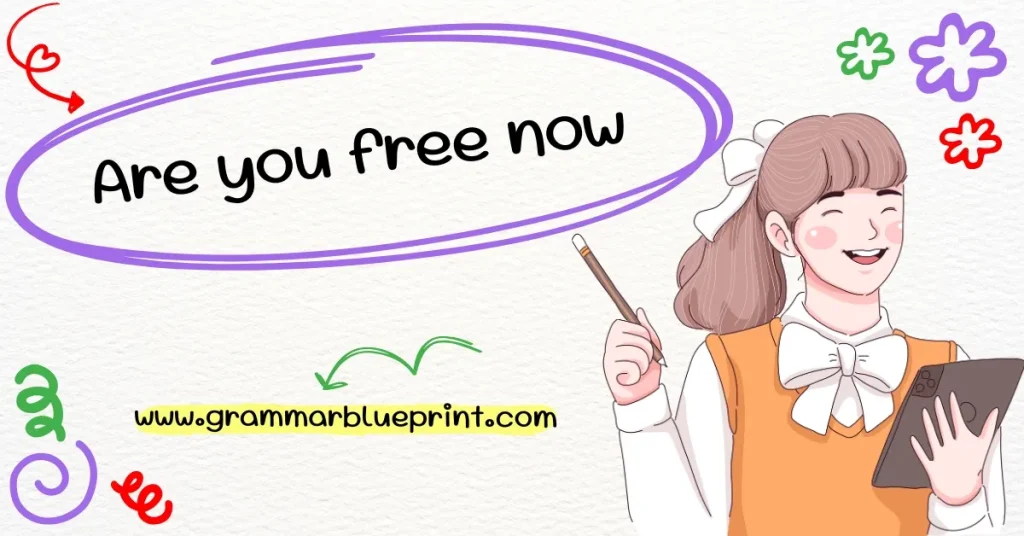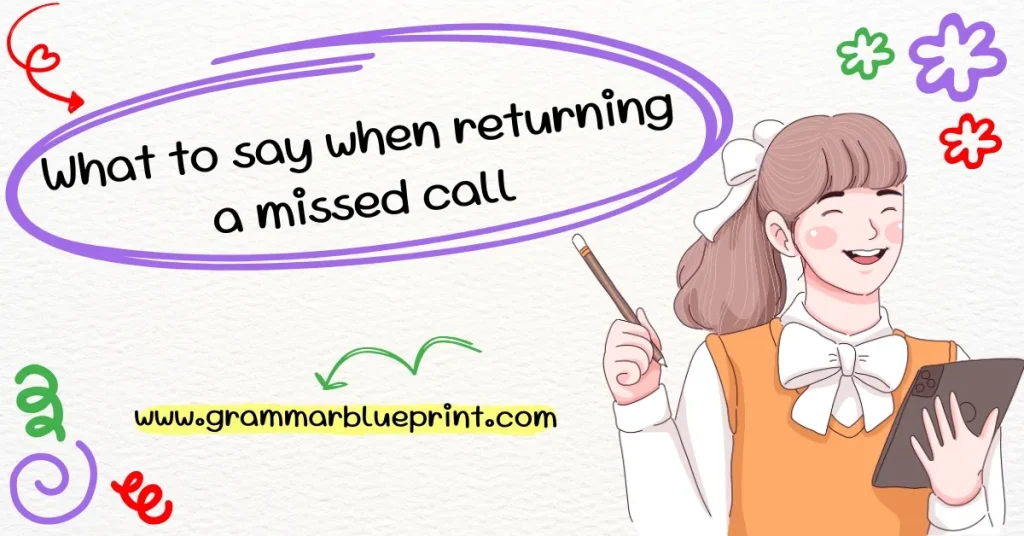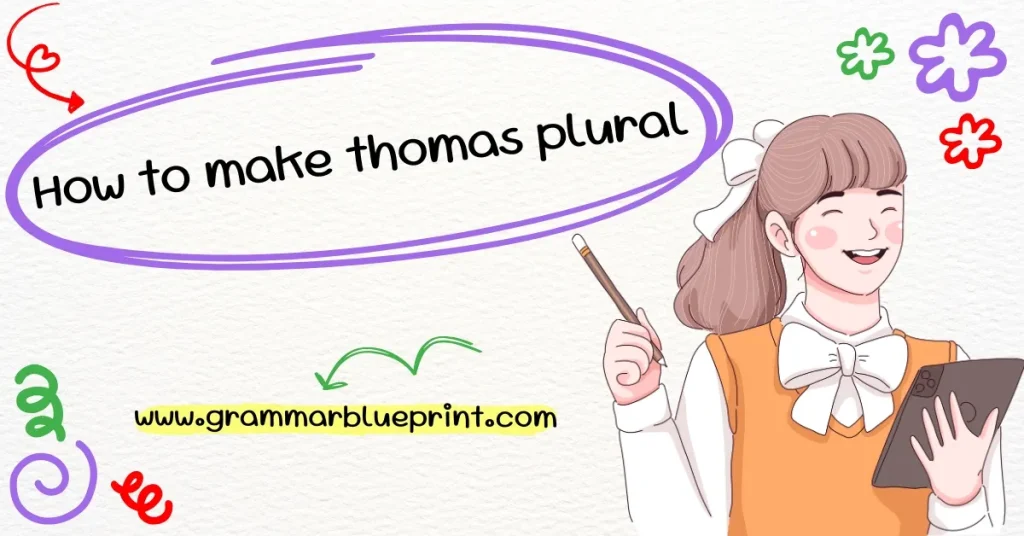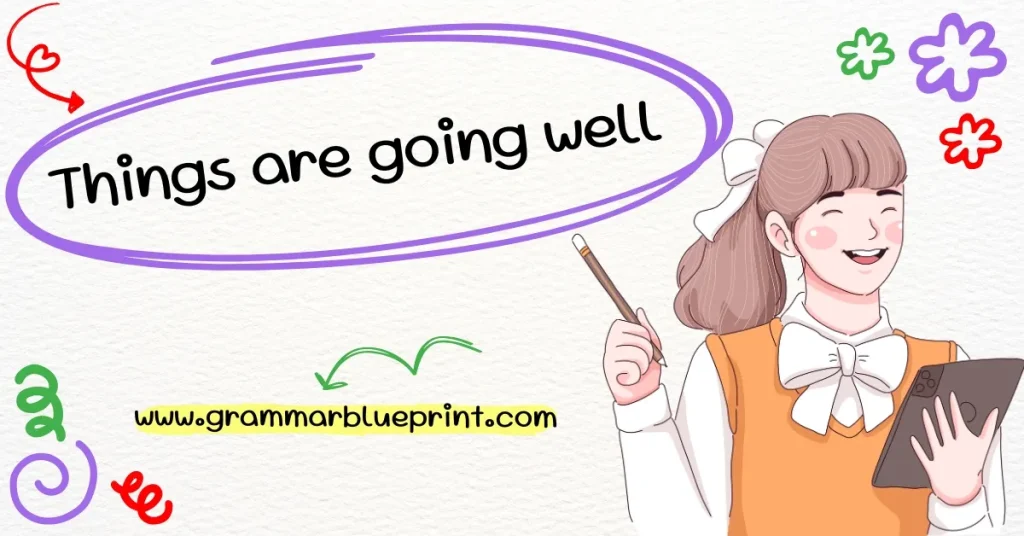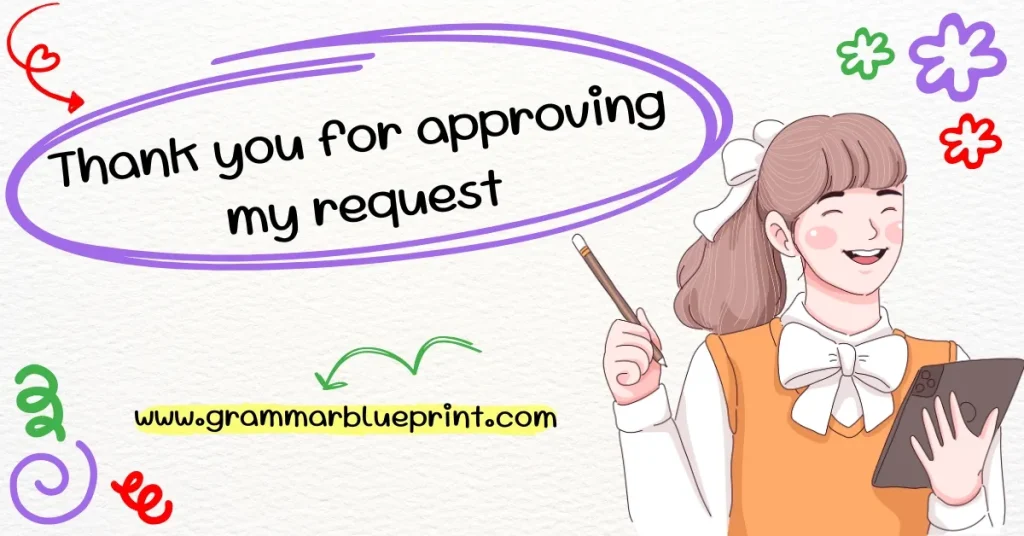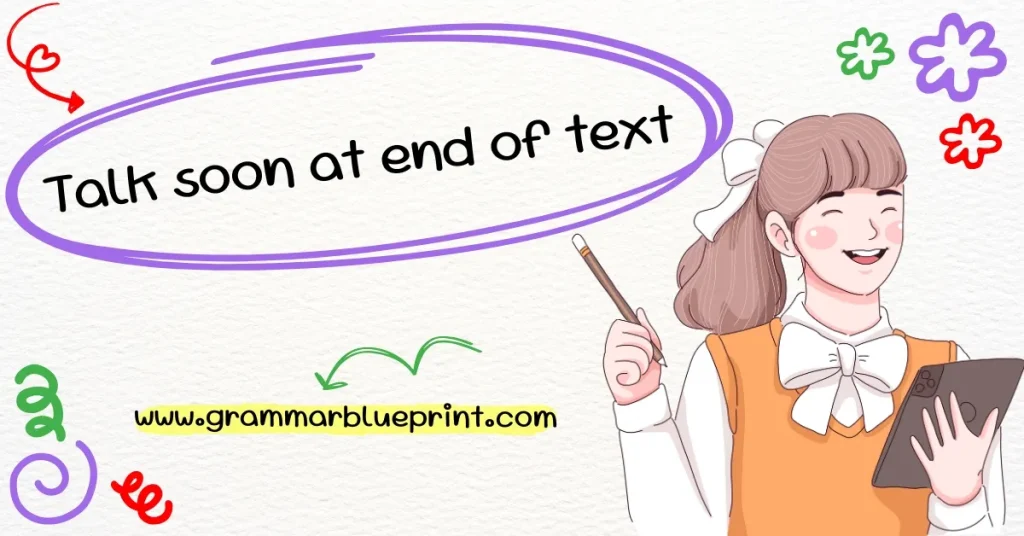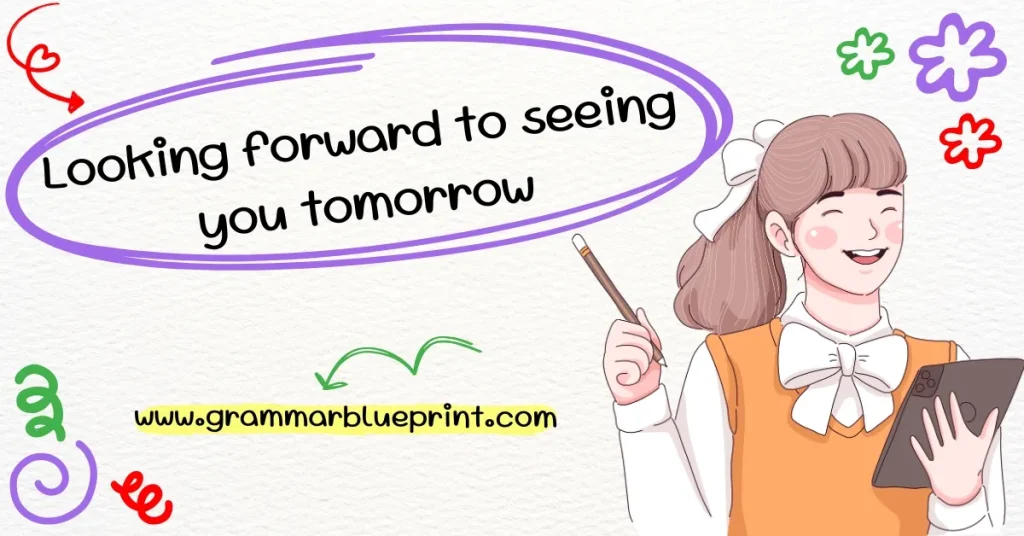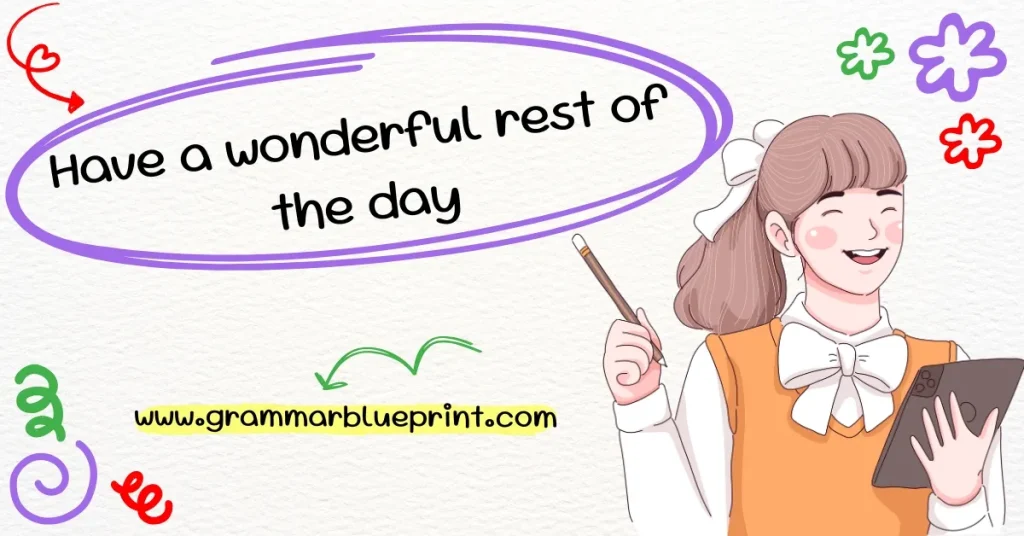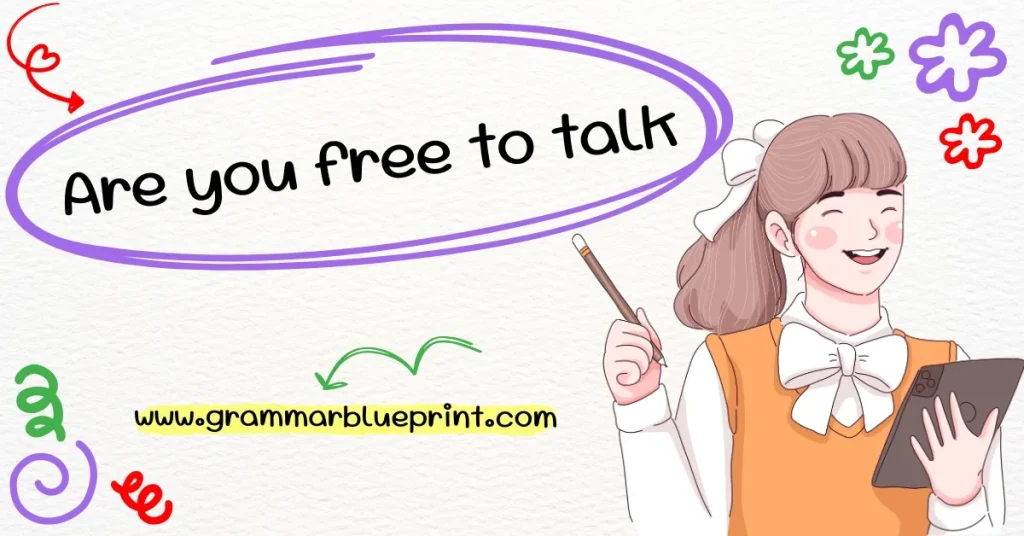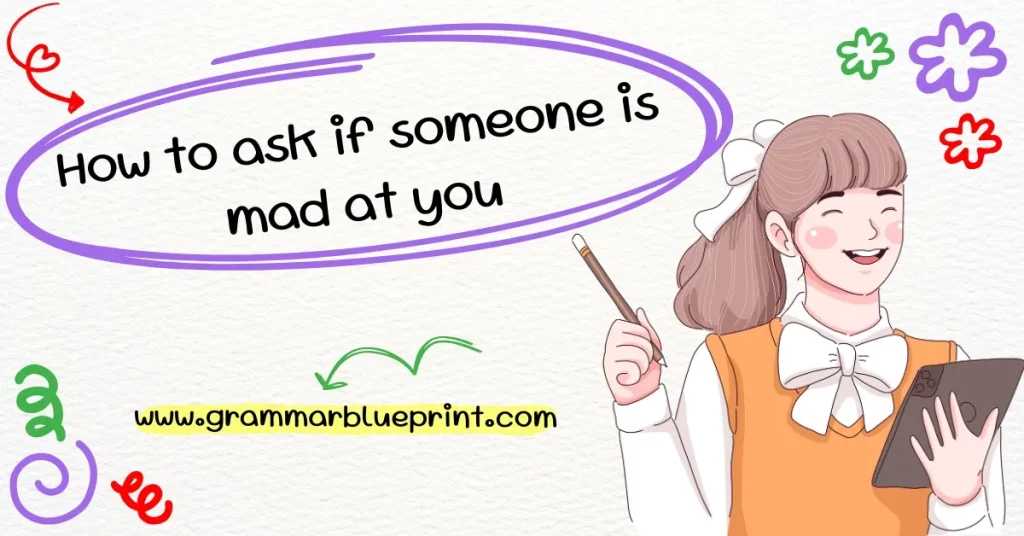Are You Free Now? The Ultimate Guide to Asking About Availability in English
We’ve all been there. You’re trying to reach someone, but you need to know if they’re available to talk right now. That’s when the phrase “Are you free now?” comes in. It’s a simple, yet effective way to ask if someone has the time to chat, meet, or handle a task. But what exactly does […]
Are You Free Now? The Ultimate Guide to Asking About Availability in English Read More »

